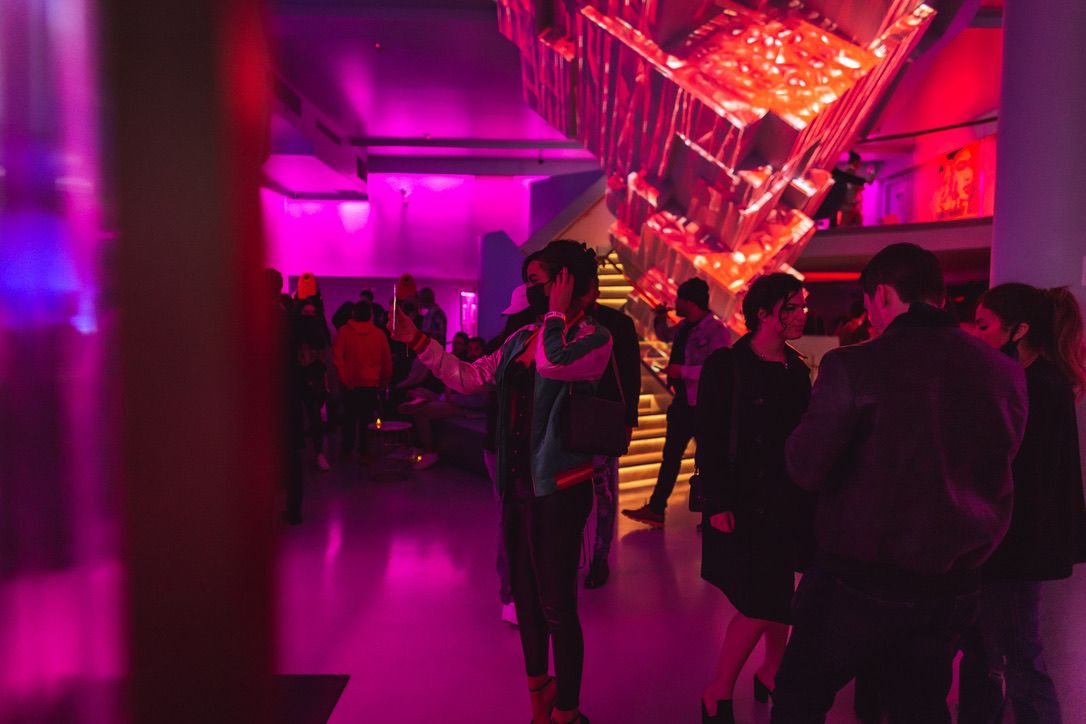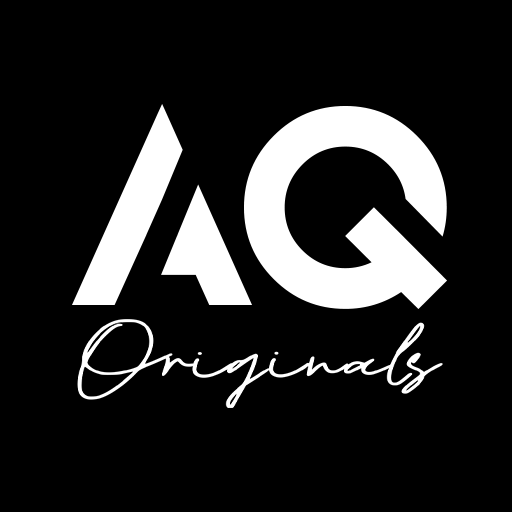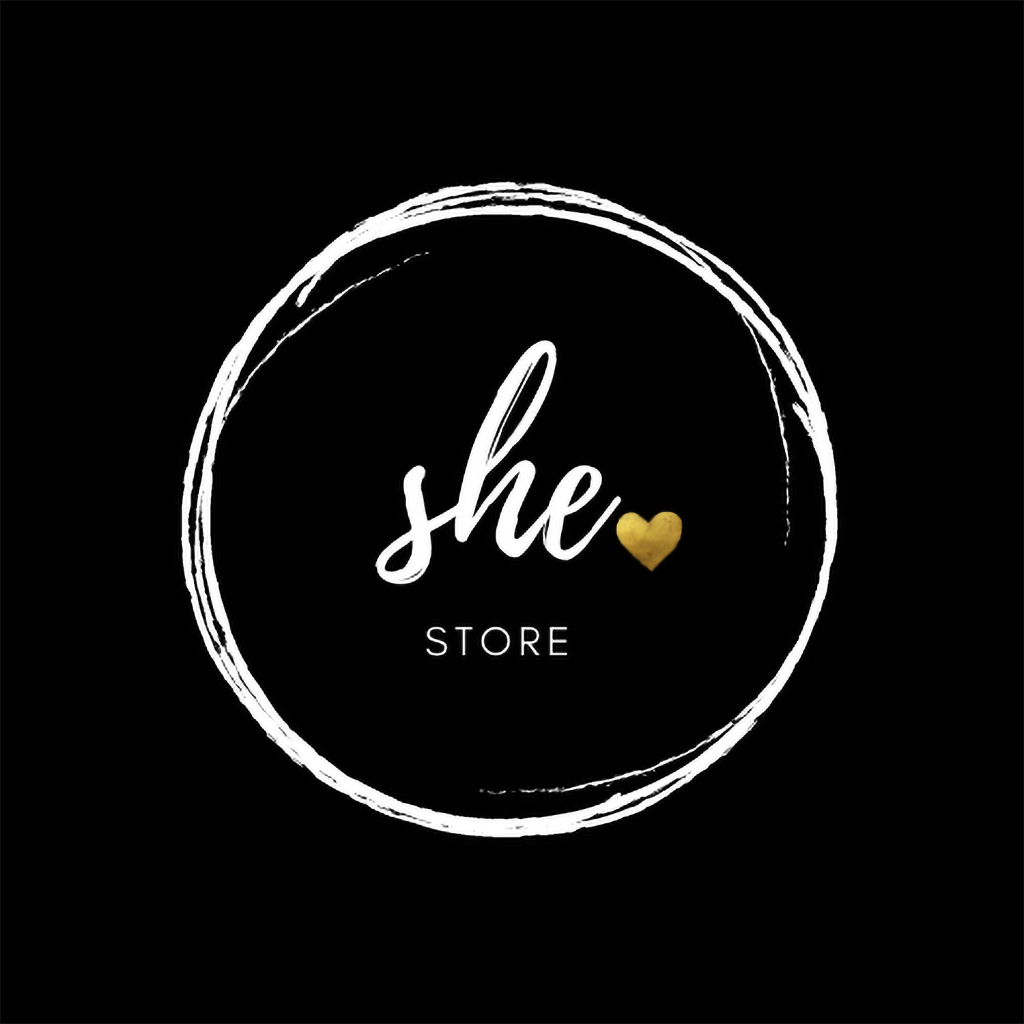[ad_1]

The light leaks reflect off of each beautiful facet of 0void.io’s crystalline, spherical structures in a distinctly alien way. Floating over the surface of an otherworldly landscape in posted videos, the objects appear as beacons of scifi-flavored meditation and enlightenment. Of course, that’s what they’re intended to be. Each specially created orb is designated as a “seed”, sold on the Ethereum blockchain.
0void.io is the brainchild of VR-based musician OM3. Having begun his journey in NFTs by selling monochromatic art on Hic Et Nunc, he later branched out with a broader concept. The plan was to introduce a new universe with generative “seed” designs, then progress to 3D avatars and spaceships to willing customers. In between, there would be broadcasts of meditation sessions and regular updates on 0void.io’s lore.
With such an airtight plan, only a little turbulence was expected by the time the initial social media announcement arrived on February 15th, 2022. What instead followed were heated conversations driven by the VRChat community: where does crypto fit in with VR, and does its userbase accept it?
Intent is the name of the game when it comes to managing a persistent, digital world.
VR and cryptocurrency have had a contentious relationship, but much deeper is the conversation of money and its place in social VR platforms. Visit Decentraland, and working with a wallet to go about your daily business is the norm. In VRChat, blockchain technology has been prohibited outright in mention and marketing. The slow progressing pattern of more and more virtual creators adopting Patreon had its own backlash on social media in late 2021, leading some to lob the insult of “going corporate” at select creators who fashioned expensive enough tiers.
Curious marketers who were busy trying to figure out the digital landscape would be unaware of this, but the philosophical war waged over these issues would lead to a cautious distrust of any brand making headway for social VR’s shores.
For OM3, the implementation was about adding the right flavors to the dish. Some aspects of 0void.io’s launch were edited, after feedback, to omit any possibly offensive adaption of real-life religions. The project now continues on a planned trajectory.
“I was happy to get honest feedback from people,” OM3 recalls now. “Since my intention is to create things that are helpful or entertaining, I have no problem reassessing what I am projecting based on that feedback.”
And that includes making sure nothing comes across as co-opted, even when he didn’t intend for it to be. “I will always go out of my way to adjust my lens and adjust course when I feel it’s the right thing to do. You learn with any project that you release at a certain scale that you are going to have to make some changes to things that you didn’t consider.”
The philosophical war waged over these issues would lead to a cautious distrust of any brand making headway for social VR’s shores.
Intent is the name of the game when it comes to managing a persistent, digital world. Image and branding go hand-in-hand, and a successful meeting of the two can create a giant establishment that, in reality, might be run by a small team. But the wrong decisions can scare users into feeling pressured by that establishment, or feeling a slant of favoritism where there might not be any.
Case in point: on April 23rd, VRChat published a tweet announcing the Shelter x VRWorld event taking place in New York. Shelter has been a virtual nightclub within VRChat’s platform for more than a year now; this the second planned real-life gathering taking place, and the festivities are even bigger this time around.
While VRChat’s Twitter account does an even job of covering various things happening on their platform, this time there was a hitch–branding the party as “The World’s First VR Portal night”. VRChat users responded angrily; cross-portal events have not only happened at MAGfest earlier this year, but at VancuFUR the year before that, and at a special limited performance at the now-defunct VR venue D3ATHCLUB.
Speaking on the mis-post, Tupper, VRChat Head of Community, responded: “I believe the copy was intended to state that the ‘first’ was the concept of having a large scale live show with DJs present both IRL and in VR via a “portal night”. The wording wasn’t great, and it could’ve been better.”
Angelika Lee, Brand Relations for VRWorld and the upcoming Shelter event, spoke to The Metaculture of the first-portal distinction: “Events you are referring to are trade show type; not nightlife entertainment.”
Which doesn’t exactly jive with either response when previous examples of cross-portal events still involve music and live DJ performances, and aren’t all taking place at conventions. The proclamation gives the impression of rushing to be first at something–another mistake for any tech-related business to do, and which often get corrected whenever a similar announcement is released with the claim.
Remember Marshmello claiming he was the first musician to play at a virtual concert? That didn’t go well either.

Shelter is taking huge strides with their event, but in the future any companies in the periphery might have to be careful with how they present information.
Speaking to further clarify business partnerships, Shelter co-creator 2TD responded to The Metaculture: “Shelter and VRWorld aren’t VRChat partners. VRC only provided the quote retweet like they do for other events using VRC. There’s no business partnership. The only involvement is the retweet and some of their team showing up to the event.”
Without speaking up and covering their bases, users’ imaginations can run wild, and all of these incidents together would otherwise paint an ugly, intimidating picture. VRWorld has also been host to NFT events and takes payment of cryptocurrency at their venue. Then, there’s the table service tickets on the Shelter x VRWorld Eventbrite page, which costs upwards to $3,000. While there’s reasonable explanation for these existing, The Metaculture sought to get a clear quote to eradicate doubt anyway.
Angelika Lee speaks about the extravagant bank vault package: “Table prices show minimum spend required, and come with liquor of choice, beverages, and water. Besides our insane infrastructure and tech capabilities, VR World has two bars inside. No one will be left thirsty.”
So, it’s just a nightclub table for fifteen people to drink about $200 worth of liquor per person. There are similar table arrangements for eight and ten people respectively.
And about the NFTs and crypto association with VRWorld? “We aspire a number of communities, being inclusive has always been in VR World’s DNA. Certainly the main focus is on the community at hand, not NFTs or blockchain,” says Lee.
In either business scenario, there’s a minefield to step around and users to be sure they aren’t making uncomfortable. In the case of both Shelter and 0void.io, the trick is in where you tread and how you look while doing it.
[ad_2]
Sign up for our newsletter now!








